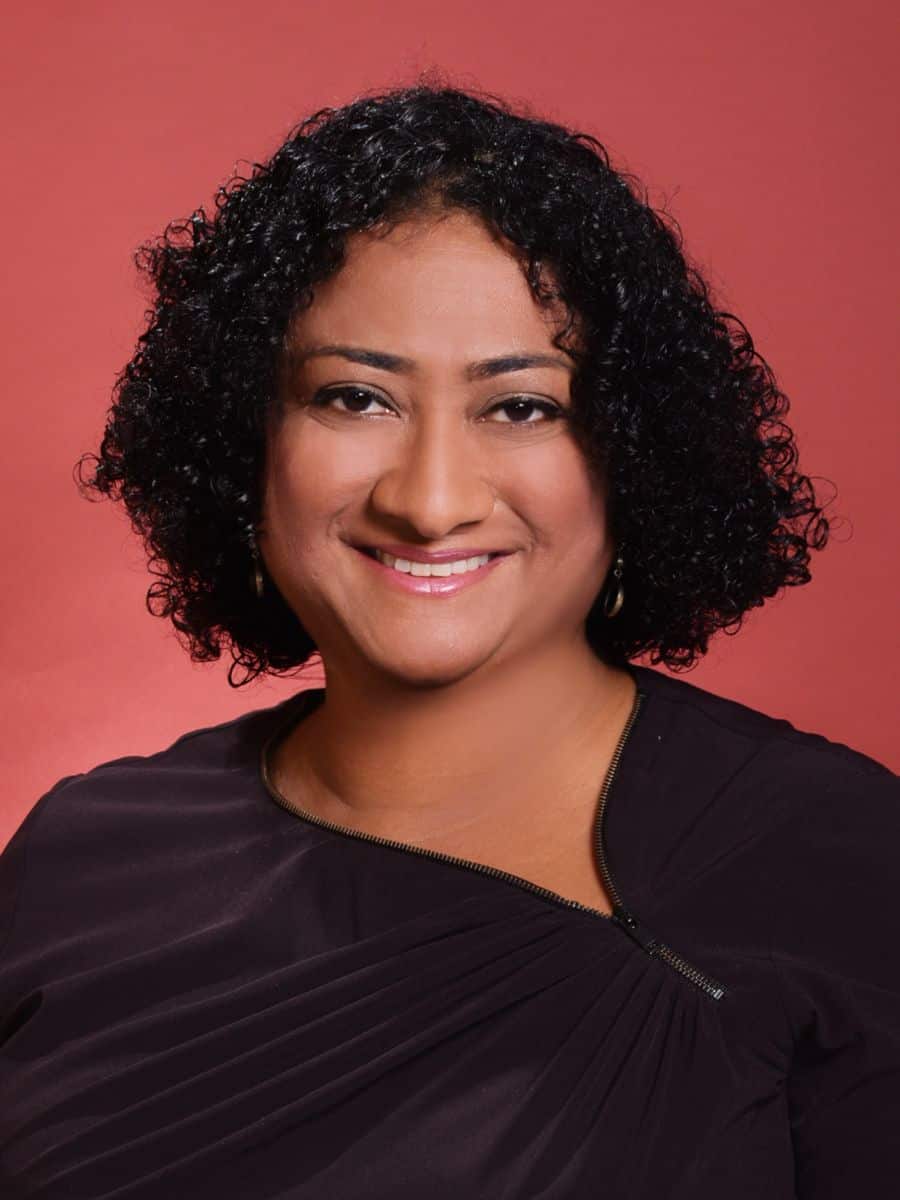With all norms up for debate, news production and consumption must keep up
By Meera Selva
I am writing this on a public holiday in the United Kingdom, on a weekend when patience with lockdown is fraying. Two of the main left-wing newspapers The Guardian and Mirror are splashing a story that the prime minister’s senior advisor Dominic Cummings broke lockdown rules by travelling to see his parents in another part of the country.
It’s a sign that journalism is still alive, irritating politicians, creating debates about how the personal and public overlap.
But it comes in one of the most testing months the media as an industry has endured, with a precipitous fall in advertising revenues, layoffs and a frighteningly fast contraction of local news.
It is also clear that journalism is essential, and the effective spread of information across society is vital for health, public order and security. Reuters Institute research from the start of the pandemic showed there was a surge in news use in the UK as people turned to journalism for information about the crisis, with broadcasters, especially the BBC, doing well.
But this has petered off, and now the trend is going the other way, with 22 percent of people saying they often or always actively avoid news – up from 15 percent in mid-April. When asked why, most said that the news had a bad effect on their mood, and many said they do not trust it and a worrying number also said they did not feel there is anything they can do with the information.
In this volatile climate, journalism has a public duty, to inform, and also to hold governments to account, speaking for people who are being asked to give up an extraordinary amount of personal liberty.
It is also operating in a space where all personal actions are public ones: maintaining social distancing, not spreading misinformation, conveying accurate information calmly, with useful context, are all things that matter to the public and journalists alike and are the only ways to maintain credibility at this time.
In the reporting of politics, one of the biggest criticisms of journalism is that the media tend to cover politics from inside government, minutely detailing the personalities, careers and feuds of politicians and those who surround then, and not reporting on the issues that effect everyone’s lives.
At the moment, it feels like the two often collide. Families trapped at home obeying lockdown rules feel fury and dismay at President Trump going golfing, or at an advisor to the British prime minister travelling over 200 miles to stay near his family, using the need for childcare as an explanation; and it is perfectly reasonable for journalists to cover these stories.
But the wider stories, of the economic and social costs of the lockdown, of the obituaries of those who died, and the investigations into the shortage of protective equipment should not be overshadowed by the old political stories of resignations, alliances and feuds within a very small circle of people. It is vital that journalists add context and value to the stories they produce, to make sure it stays relevant for readers, listeners and viewers.
All norms are up for debate at the moment: the way we live, work, travel and socialise are all being overhauled at a dizzying pace and the way we both consume and produce news will have to keep up.
Author photo

Meera Selva is Director of the Journalist Fellowship Programme and a member of the Steering Committee at the Reuters Institute for the Study of Journalism at the University of Oxford. She joined the Reuters Institute from Handelsblatt Global where she had been working out of Singapore, having helped launch the digital daily business paper in Berlin in 2014. Her previous experience includes several years as a London-based correspondent for the Associated Press, and three years as Africa correspondent for the Independent based in Nairobi, along with stints in business journalism at a range of publications including the Daily Telegraph. Meera studied for an MPhil in European Politics at St Antony’s College, was a journalist fellow at the Institute in 2007–8 where she conducted research on media coverage of the Darfur crisis.